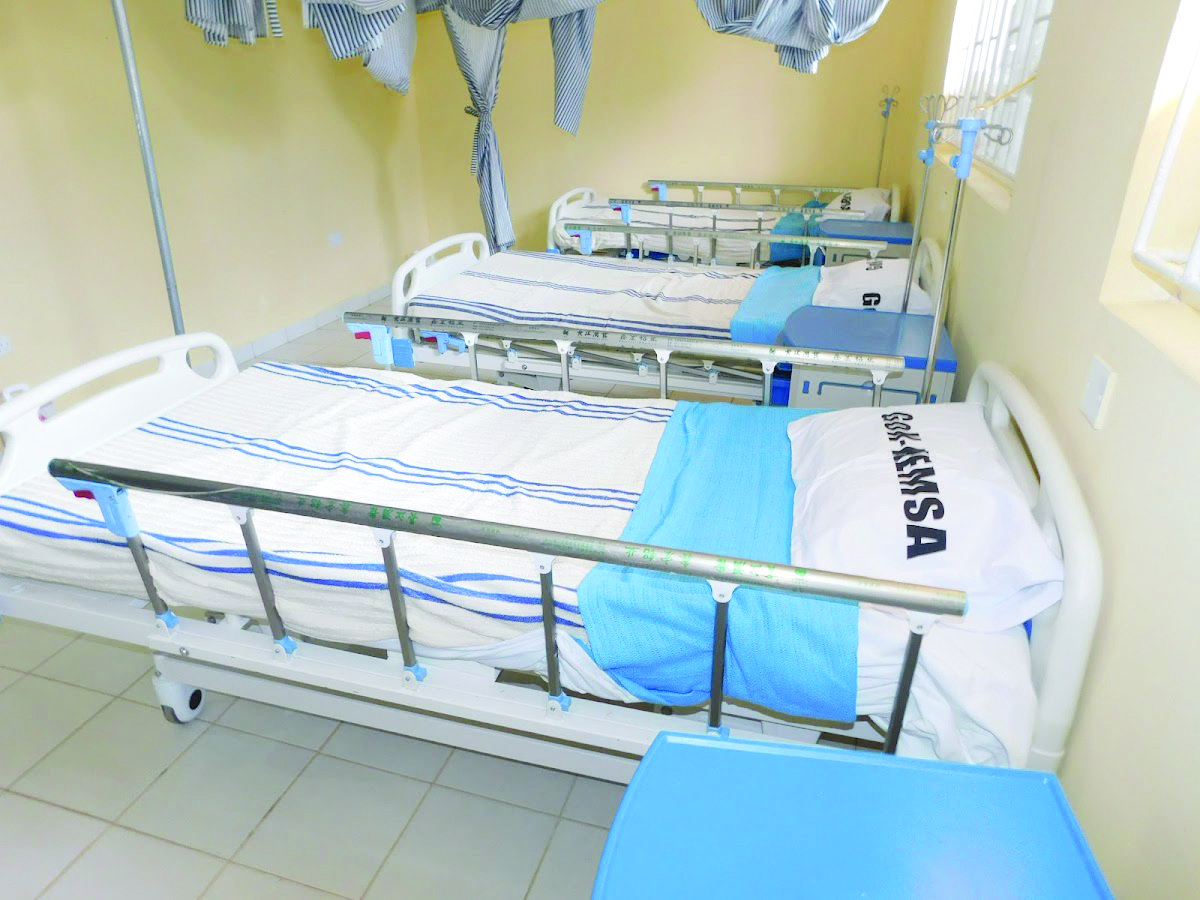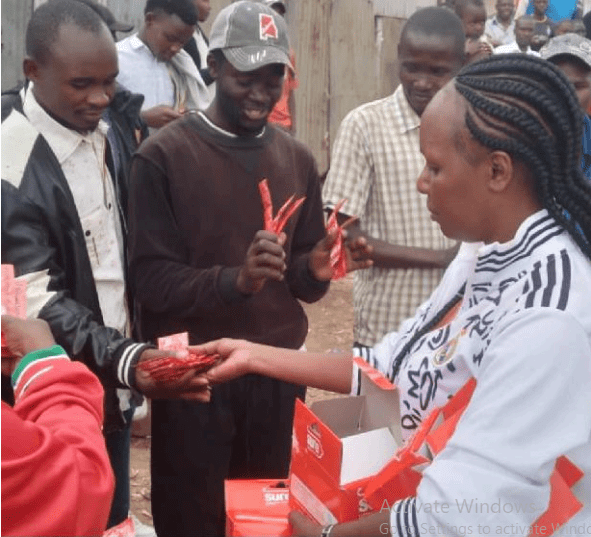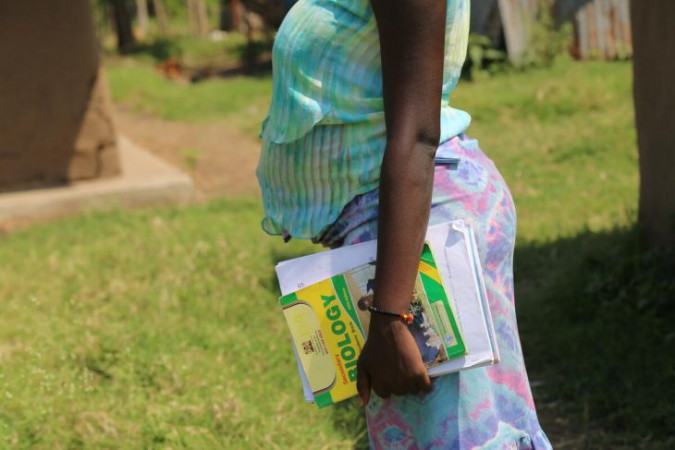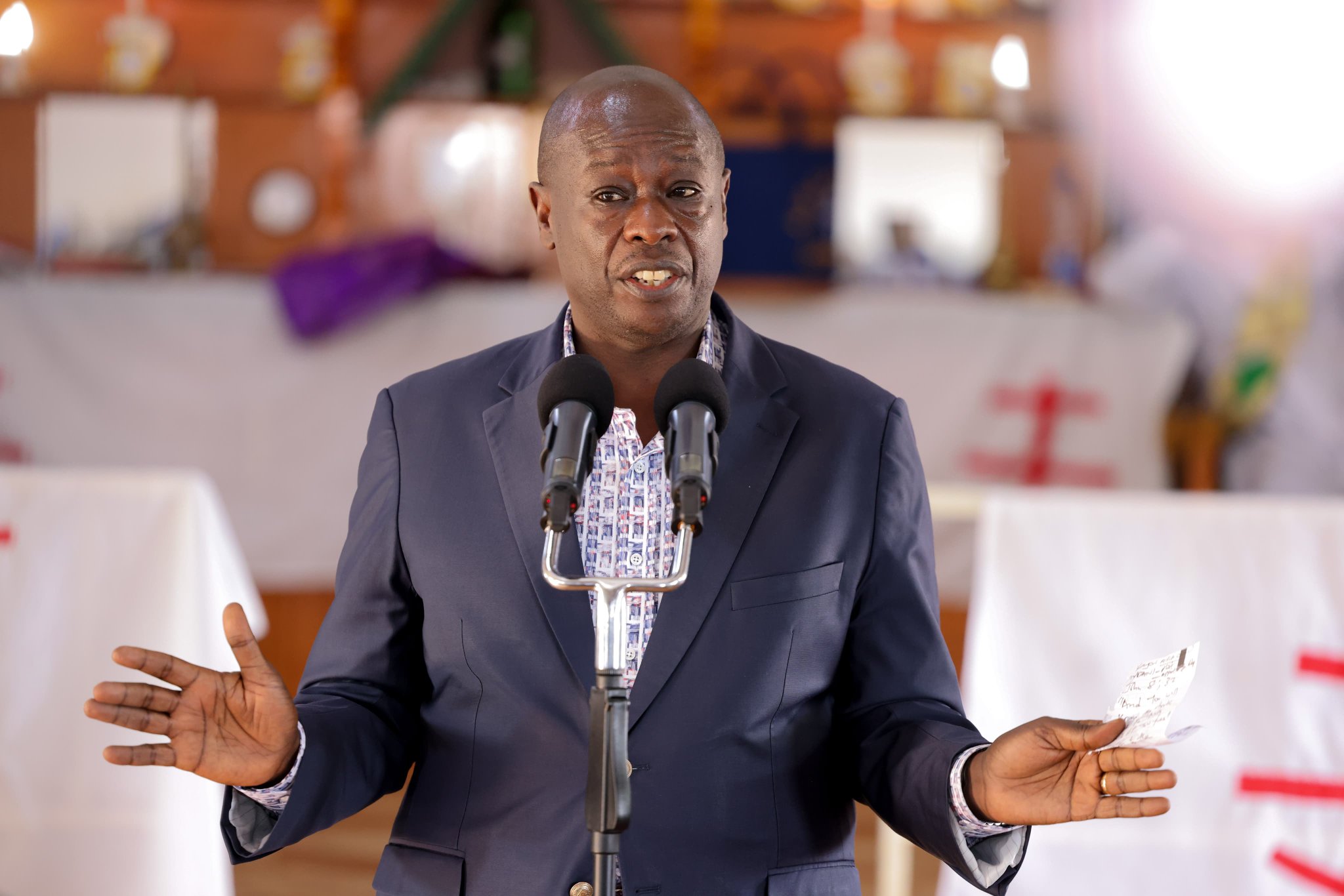Issues likely to dominate Kenya’s health agenda in 2020
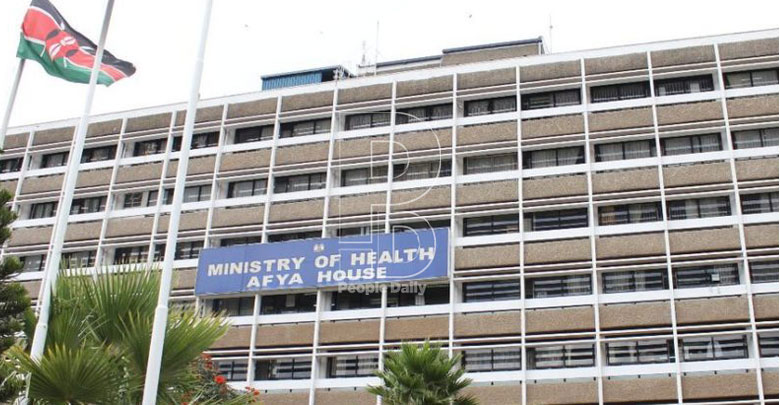
2019 saw very interesting developments in the health sector, and they are set to gain momentum in coming months. From non-communicable diseases, innovation to sector-wise problems, Harriet James highlights some topics that will trend in the New Year
• Universal health coverage
With the plan to unveil the Universal Health Coverage across the country within the 2019/2020 financial year, the wins and gaps in the pilot project that ended this month in four counties- Machakos, Nyeri, Isiolo and Kisumu- will take centre stage.
Health CS Sicily Kariuki last week said the project increased health services to 3.2 million Kenyans and taught the government vital lessons including role of technology in increasing access to services.
Some aspects she said are underway include governance reforms and increased collaboration between private sector and government in areas such as diagnostics, training and telemedicine.
“This reform agenda will include repositioning and transformation of NHIF as a strategic purchaser in the context of UHC and reforms in KEMSA with the aim of improving the access to medicines and health commodities,” she noted.
• Cancer
The country still faces a number of challenges in addressing cancer, especially in rural areas. According to Dr Andrew Odhiambo, the country has attained a few milestones.
For instance, the ministry is looking into having a website with information on cancer by next year. Additionally, more focus will be in training oncologists.
“Training programmes in medical and radiation oncology have increased, with institutions such as the University of Nairobi and Aga Khan increasing partnerships with international universities.
Expect more of this next year,” he observes. However, while there has been progress, much needs to be done in research, especially in the country that depends on international research due to lack of funds.
Dr Odhiambo also raises an alarm on the effects of misinformation to cancer patients.
• Vaccines
2020 will witness development of either new or improvement of existing vaccines that will likely be used in combination with other disease treatment strategies that are simpler to administer to reduce the risk of infection over a long period of time. Scientists will also explore alternative technologies to prevent diseases.
• Teen pregnancies
Following recently released data on teen pregnancies, where 28,932 and 349,465 girls aged between 10 and 14 and 15 to 19 years respectively were impregnated in 2019, focus on adolescent health and pregnancies will also take central focus.
Evidence for Action Mama Ye’s Meshack Acholla says a way forward would be to introduce age appropriate comprehensive sexuality education to give both boys and girls knowledge and improve their health seeking behavior.
• Malaria-free campaign
Great strides have been achieved in reduction of deaths and infections with regards to malaria. However, the disease still poses a great threat in most African countries.
2020 is the World Health Organisation (WHO) deadline to reduce malaria case incidence and death rates at least by 40 per cent and the elimination of malaria in at least 10 countries, meaning that focus on the disease that makes up the second cause of death after respiratory infections in the country.
Kenya will also be keeping tabs malaria vaccine trial launched this year in Homa Bay county set to be completed in 2022.
• Maternal and infant morality
Kenya has made progress in minimising the number of maternal and infant deaths. However, those in the rural areas still lack access to facilities and also quality health care.
A UN Joint Programme launched in 2016 on Reproductive, Maternal, Newborn, Child and Adolescent Health will come to an end in 2020, setting the stage for discussions on the status of maternal health in the country.
The project aimed to ensure 10 counties with the highest burden will receive services related to maternal health including HIV/Aids, gender-based violence and reproductive health.
• Tech and health
The World Intellectual Property ranked Kenya as the second leading innovation hub in Africa and the leading consumer of Internet via smartphones in the world.
It is also home to various innovations such as health apps such as M-tiba, which assists people in saving for their medical expenses, in a country where four out of 10 people can’t afford health care and My Dawa, an app and web platform from where patients can buy authentic medication and wellness products.
Against such background, there will be more innovations in 2020, especially as technology advances.
Already trials and research in artificial organs are underway for example scientists have created artificial blood vessels, synthetic ovaries and even pancreas.
The use of Artificial Intelligence will also be seen in health, thanks to its ability to process large quantities of information in short time and the increased use of data in healthcare.
• Diet fads
When it comes to nutrition, Kepha Nyanumba, a consultant nutritionist notes that this year has seen various quick weight-loss programmes such as intermittent fasting.
“I know weight loss has always been a challenge for many people but it should be done the right way. There are dangers in going the fasting way,” he says.
Such fads pose danger to the individual including higher risk of digestive disorders and nutritional deficiencies leading to food cravings.
He, however, predicts that 2020 will see more people learn more about nutrition because of cancer and other health concerns. He also predicts Kenyans will reduce their consumption of nyama choma.
• Mental health systems
The ministry of health on Dec 11 announced a task force to assess the mental health status of Kenyans and systems in place, following a directive by President Uhuru Kenyatta last month.
From the findings, set to be released within 90 days of the formation of the task force, the health ministry will assist in addressing the gaps in the legal, policy and administrative aspects of mental health.
Mental health has been a growing concern in the country, the Kenya Mental Health Policy (2015-2030), stating 20-25 per cent of outpatients seeking primary healthcare presenting symptoms of mental illness.
